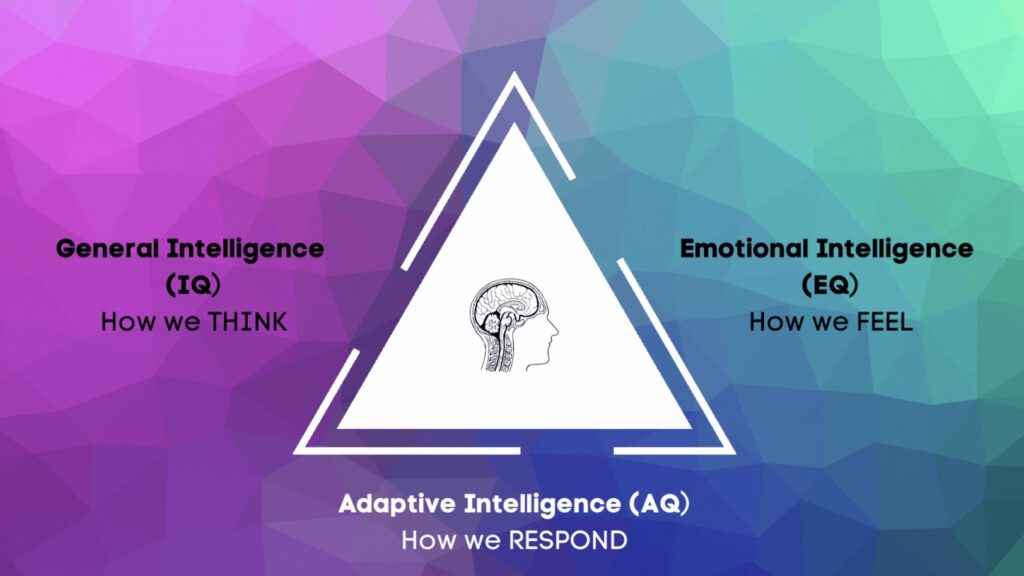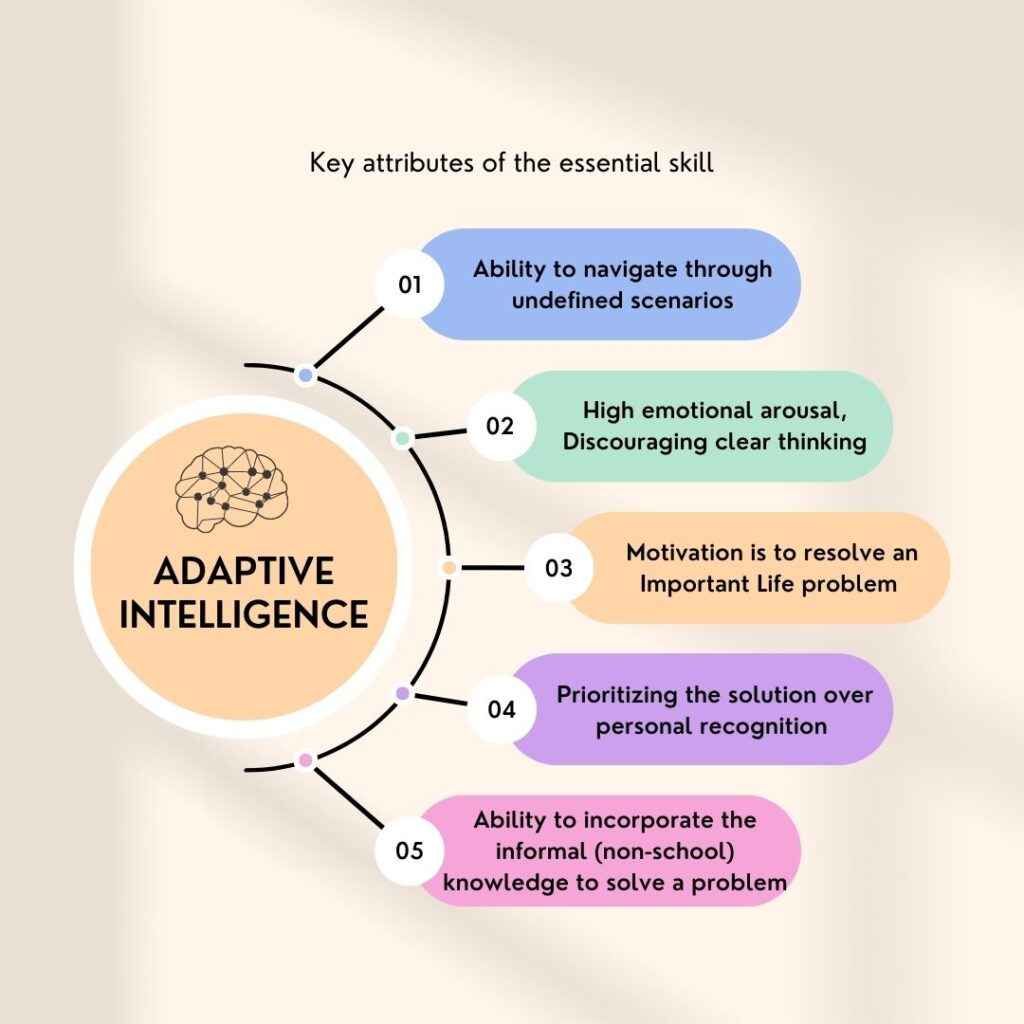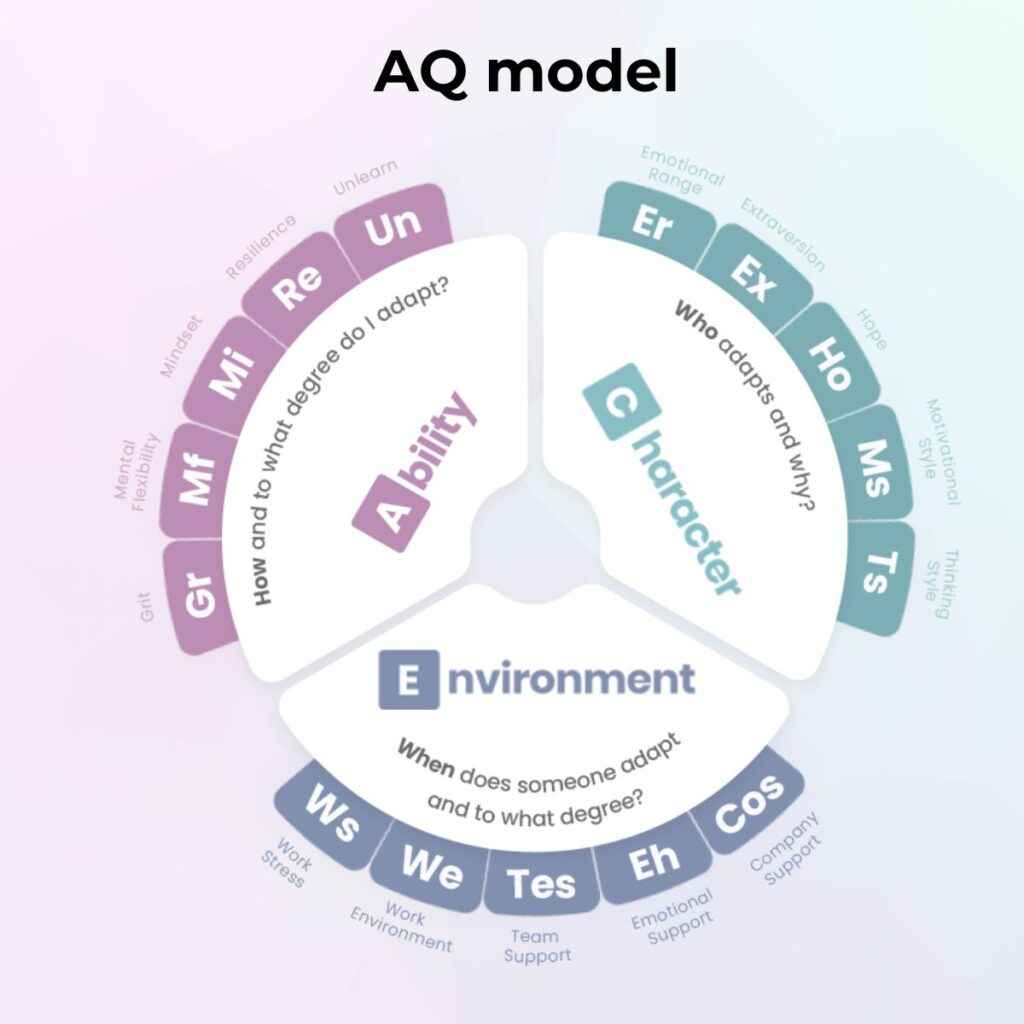
Over the last three years, we have witnessed rapid changes not only in economics but in every aspect of our lives. This pace does not seem to be slowing down, especially with the rise of Artificial Intelligence (AI) empowered tools and solutions. We understand that the world is never going to be the same as before, and the only way to cope with all those changes is to adapt.
In onf the recent interviews, LinkedIn VP Aneesh Raman has stated why adapability is the skill of the moment. One of the key takeaways: LinkedIn data suggests that 25% of the skills required to perform jobs have changed over the past eight years. Not only that, it is estimated that the skills needed to your job will change by 65% by 2030. “That’s basically a new job,” Raman notes.
40% of jobs that exist today will not exist in 10 years’ time – was reported at the World Economic Forum last year, and according to McKinsey & Company, 87% of leaders say they are experiencing skills gaps now or expect them within the next 5 years.
These forecasts scare not only employees but also businesses. WHY? Because most of the organisations are aiming to be the best one in their niche, and in order to do so, they need to stay up-to-date and even ahead of the game. With the increased speed of change, that’s quite a task- one of the biggest challenges is the human mindset.
The million-dollar question is HOW can we prepare for all the changes coming our way, as individuals and as a business? The answer goes back to the time when the first species were created. They survived and developed due to their adaptability. This phenomenon was deeply investigated and studied by Charles Darwin. Many of us have learned his work in school and are familiar with the statement that “It is not the most intellectual of the species that survives; it is not the strongest that survives; but the species that is able best to adapt and adjust to the changing environment in which it finds itself.”
And this law applies not only to nature but also to life and business.
My generation would still recall brands like NOKIA, Blackberry, Polaroid, Yahoo, Kodak, Motorola, ICQ, Myspace, etc. Barely would you hear about any of them these days, and that is the price paid for failing to adapt.
You may wonder, what does it have to do with people and HR in particular? Actually, quite a lot. We would all agree that businesses are run by people; therefore, if people are not adaptable, then the business will, by default, lack adaptability. And there is no bright future in such cases.

What is Adaptability? This is a person’s ability to adjust to changes in their environment and circumstances of that change.
This particular phenomenon has been researched and studied by Professor Robert Sternberg, who dedicated a fair amount of time to studying this subject at the Human Ecology College of Cornell University. He introduced the term Adaptive Intelligence that represents the ability to apply knowledge to novel situations, such as solving problems and conversing with others, demonstrating an effective ability to interact with, and learn from, the environment (APA Dictionary of Psychology) and can be identified as AQ (Adaptability Quotient).

AQ is a new quotient that really matters in the present day. Our traditional IQ is very outdated and no longer valid as a measurement tool. Demands of the current market require innovative approaches and multi-dimensional solutions that are not part of IQ questionnaires.
What is more important, AQ is not about brain capabilities; it is about human abilities.
AQ represents an individual’s, team’s or business’ ability to adapt and explains how and to what degree someone adapts and why. Therefore, we have good news – Adaptability can be measured and improved. Since this is not much of inherited traits but developed over years, we can always improve and develop it further, strengthening certain elements.

The AQ model has various applications and can be utilised in various business scenarios.
To conclude, our adaptability defines the quality of our own life as well as predicts the future trend of our business. The higher AQ we have as a group whether as individuals or the collective society, the stronger our position within the ever-evolving environment and the higher chance to stay on top of the game, growing our market share.